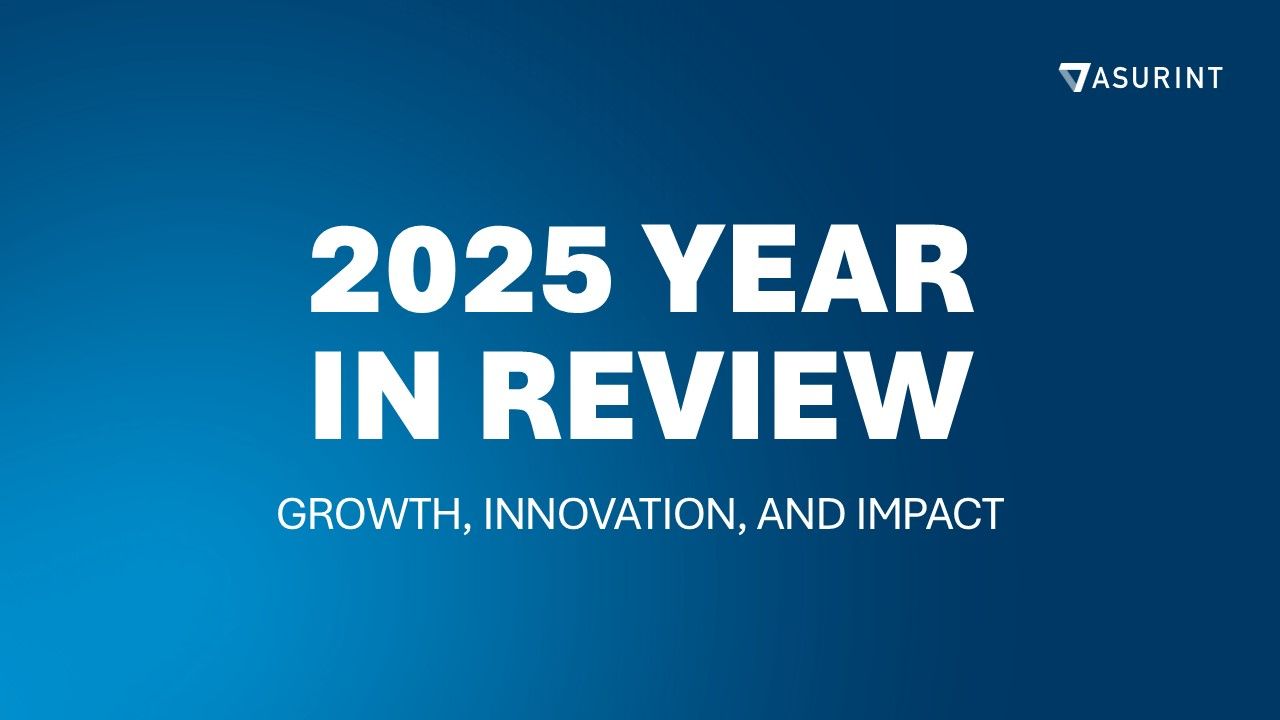
How to Find the Best Background Screening Services in 2026: Balance People and Technology
How do organizations balance technology and people? Here’s what to look for in a background screening partner.

High Stakes: Marijuana & Federal Developments
President Trump closed out 2025 with yet another Executive Order, this time addressing marijuana, leading to confusion particularly in regulated industries.

Staffing Trends 2026: How Firms Win with Speed, Trust, and Compliance
Explore staffing industry trends for 2026, how they’re influencing every stage of the hiring process, and what firms must do to drive successful placements.

Third Circuit Finds Pennsylvania’s Criminal Records Law Applies to Self-Disclosures
Employers hiring in Pennsylvania should take note of a recent court ruling from the U.S. Court of Appeals for the Third Circuit.

New Mexico Senate Introduces Employment Protections for Medical Marijuana Users
The New Mexico Senate introduced SB 129, “Adverse Employment Action & Cannabis”.

Legislative Sessions Heating Up: Fair Chance Laws Remain Focus
State legislatures have been actively addressing a range of key issues, with fair chance laws emerging as a particularly popular focus.

3 Ways Trucking Fleets Can Stay Competitive in 2026
We highlight three major trends shaping the transportation industry in 2026 and practical steps fleets can take to stay competitive.

Asurint’s 2025 Year in Review: Growth, Innovation, and Impact
Walk down memory lane with us as we highlight all that we’ve accomplished and celebrated in 2025.

New York Bans Use of Credit Reports in Employment Decisions
New York recently passed S3072, which bans the use of credit reports in most employment decisions. The law will take effect April 18, 2026.

Delaware County, PA Enacts Antidiscrimination Ordinance
Delaware County, Pennsylvania became the latest county in the Keystone State to enact a county-level antidiscrimination ordinance.

Illinois Passes Clean Slate Act
Illinois Clean Slate Act recently passed and is awaiting Governor Pritzker’s signature. If no action is taken to either sign or veto by December 29th, it will become law.

What’s New in HR Compliance? Highlights from Our Latest Webinar
In Asurint’s final compliance webinar of 2025, General Counsel, Kelly Uebel, breaks down the most impactful changes HR professionals need to know heading into 2026.


